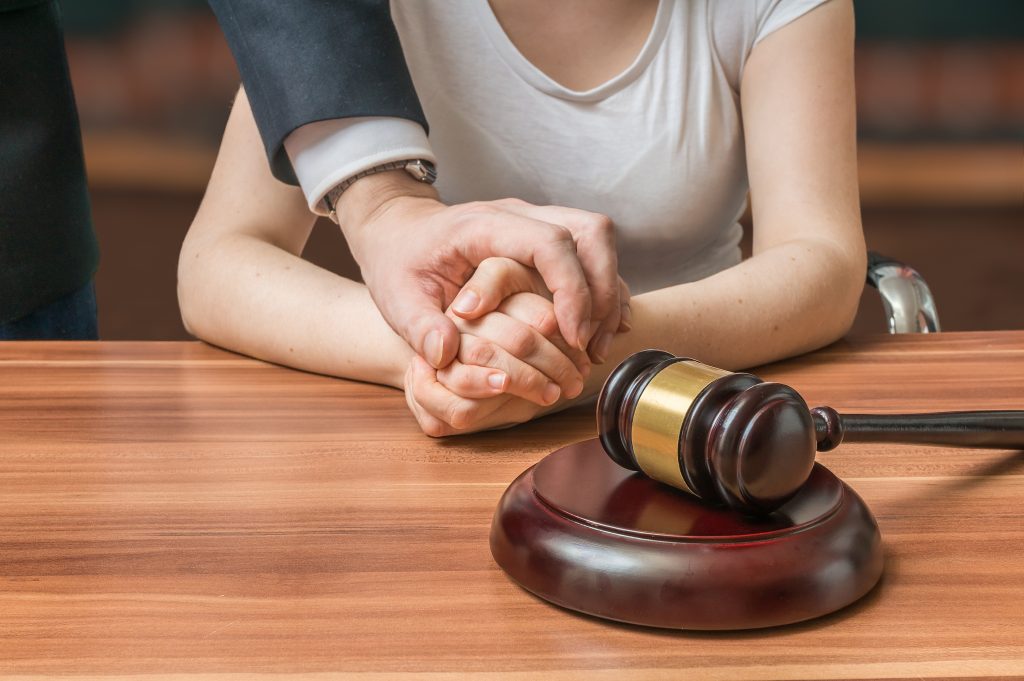Filing for chapter 7 bankruptcy in Loveland is often an excellent legal means you can utilize to get you back on solid financial ground. However, you never want to make ignorant or accidental errors that could severely damage your bankruptcy filing.
Any bankruptcy court will examine your transactions made within a specified period. They usually go back over the past two years, but they may go back up to ten under certain conditions. You can avoid many mistakes by delaying filing your bankruptcy until these periods have expired. Unfortunately, it may not be possible to do so under all circumstances.
Each bankruptcy case is unique, and it’s mandatory to consult with an experienced and knowledgeable Loveland bankruptcy lawyer to avoid any potential allegations, or insinuations, of bankruptcy fraud.
Avoiding common mistakes can preempt creditor and trustee challenges and help ensure that your chapter 7 bankruptcy case moves forward rapidly and legally soundly.

Some of the most common mistakes to avoid are:
- Transferring money or property out of your current estate.
- Paying certain “favorite” creditors and not others.
- Purchasing any unnecessary items on credit shortly before your bankruptcy case is filed.
- Making high or unusual bank deposits.
- Initiating possible unnecessary lawsuits.
- Lying about any of your assets.
- “Raiding” your 401(k).
- Not doing the proper research, and more.
Before filing bankruptcy, the most common mistake is not consulting with a qualified bankruptcy law firm and attempting to go through this complex legal process alone. Yes, it’s true, bankruptcy can be a sincere financial “lifesaver,” but under no circumstances is it a straightforward legal process to navigate.
Your Loveland bankruptcy law team, experienced in all types of bankruptcy law, will thoroughly analyze your unique and singular case and know how to proceed correctly.
Because you’ll want to avoid mistakes after filing your Chapter 7 case too, you’ll also find tips for successfully navigating the bankruptcy process.
Are There Any “Precursors” to Bankruptcy I Must Comply With?
The answer is “Yes,” there are. Most people don’t know (and your bankruptcy lawyer will fully explain) that, commonly, if you want to file for bankruptcy and receive a full discharge, you must complete credit counseling and debtor education requirements.
- Credit counseling – Usually, before your lawyer files for your bankruptcy, you must receive credit counseling from an approved agency. When you file your bankruptcy case, you will need to submit certificates of completion to the court. If you don’t complete the course and fail to obtain credit counseling before filing, the Colorado court will usually dismiss your case.
- Debtor education – After you file your case, you must commonly complete a personal financial management course (also known as a debtor education course). If you fail to satisfy this debtor education requirement, the court will not usually issue a discharge in your bankruptcy.
Are There Things I Shouldn’t Do After I File My Bankruptcy?
Yes, according to the specific financial details involved in your case, there may be many.
Just some of these things are:
Avoid Filing the Wrong Bankruptcy Forms – This commonly always happens if you try to navigate this process without proper legal guidance. When you file your bankruptcy, you must complete a packet of forms that includes your petition, schedules, statement of financial affairs, and other required documents. If you have a bankruptcy attorney, they will be familiar with which forms must be filed and how to complete them. This is a highly valid reason for consulting with a qualified Loveland bankruptcy law firm.
· Avoid Failing to Follow Bankruptcy Rules and Procedures – Every bankruptcy court has its own set of local bankruptcy rules and procedures that you absolutely must follow. Such as, you must provide your appointed bankruptcy trustee with specific supporting documents (such as pay stubs and tax returns). If these rules are not followed precisely, it can cause significant delays and even cause your bankruptcy case to be dismissed!
· Avoid Failing to Attend the Meeting of Creditors – 20 to 40 days after your bankruptcy case is filed, it’s mandatory that you attend a required hearing meeting with all your creditors. At this hearing, your bankruptcy trustee (and creditors who choose to participate) will ask you under oath about your bankruptcy and your financial affairs.

Your bankruptcy lawyer, an expert in these hearings, will be invaluable in helping you protect your rights and guiding you through this difficult and stressful process. This is most evident in the filing and hearings involved during the legal aspects of your case.
Are There Any Debts That May Remain After My Chapter 7 Bankruptcy?
After filing for your Chapter 7 bankruptcy, you may discharge your credit card debt, medical bills, and unsecured loans; however, there are some debts that you may not be able to remove.
Those debts include child support, spousal support obligations, student loans, and more.
For example, in a Chapter 7 proceeding, the following criteria of debt may not be discharged:
- Debts that were not listed in your filing at the case start (or debts for unlisted creditors).
- Most student loans (unless repayment would cause you and your family undue hardship).
- Recent federal, state, and local taxes.
- Child support and alimony.
- Government-imposed restitution, fines, and penalties.
- Court fees. Debts resulting from personal injury or wrongful death damages from drunk driving cases.
- Debts are owed to specific types of pension plans.
- Certain debts are owed for condominium dues and fees.
- Debts are not dischargeable due to fraud and more.
This is another legally complex issue, and you want to get it right the first time. So, consulting with a Loveland bankruptcy lawyer becomes paramount so that your bankruptcy works for you, and your family, in the best way possible.
I Do Have To File Chapter 7 Bankruptcy; How Should I Proceed?
Your experienced, expert, and empathetic bankruptcy attorney will always advise you about all possible ways to rebuild your credit. So, if you must file for Chapter 7 bankruptcy, you’ll have been supplied with all the options available and know you’ve made the right choice.

However, the overall bankruptcy process will seem overwhelming and legally complicated, but your Loveland bankruptcy law firm is there to help you navigate the entire process from beginning to end.
Bankruptcy is a legal, financial tool designed to help you, the consumer. By working with an experienced bankruptcy law team, you can use it to get your life and finances back on track.







